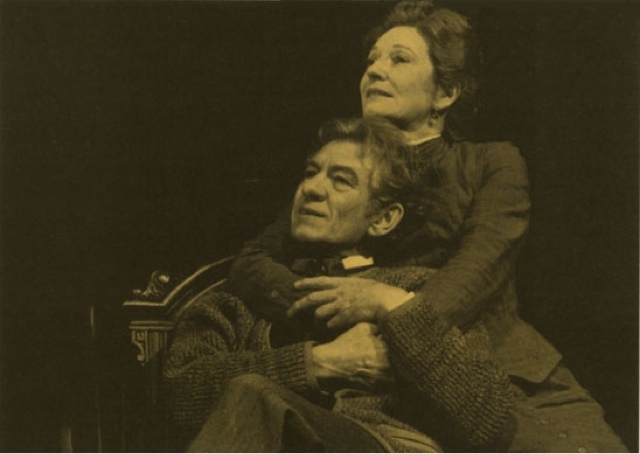Read a great article in The Globe And Mail about a mixed race production of Tomson Highway's The Rez Sisters. Ken Glass, with the Factory Theatre in Toronto, had what some may consider politically or socially taboo; he had an open casting call (eg not calling specifically for aboriginal artists) to cast this play about aboriginal women on the reserve. I, for one, applaud the choice. I have always felt that the tendency to stick to racial descriptions of characters limits the potential of productions and exploration of the themes in the play. Certainly these women are set in a culturally specific place, and their language is culturally specific...but not any more so that Chekov's sisters are so.
Happily, the article reports that the playwright is more than pleased with this development. I have loved these characters from the first time I read this play, the beautifully funny, honest and open way these women take care of one another is moving, and tells us something about the human spirit in the face of adversity.
I wish I could be in Toronto to see it!
article link: http://www.theglobeandmail.com/news/arts/theatre/a-new-staging-of-the-rez-sisters-defies-political-correctness/article2229640/?utm_source=facebook.com&utm_medium=Referrer%3A+Social+Network+%2F+Media&utm_content=2229640&utm_campaign=Shared+Web+Article+Links
Happily, the article reports that the playwright is more than pleased with this development. I have loved these characters from the first time I read this play, the beautifully funny, honest and open way these women take care of one another is moving, and tells us something about the human spirit in the face of adversity.
I wish I could be in Toronto to see it!
article link: http://www.theglobeandmail.com/news/arts/theatre/a-new-staging-of-the-rez-sisters-defies-political-correctness/article2229640/?utm_source=facebook.com&utm_medium=Referrer%3A+Social+Network+%2F+Media&utm_content=2229640&utm_campaign=Shared+Web+Article+Links

